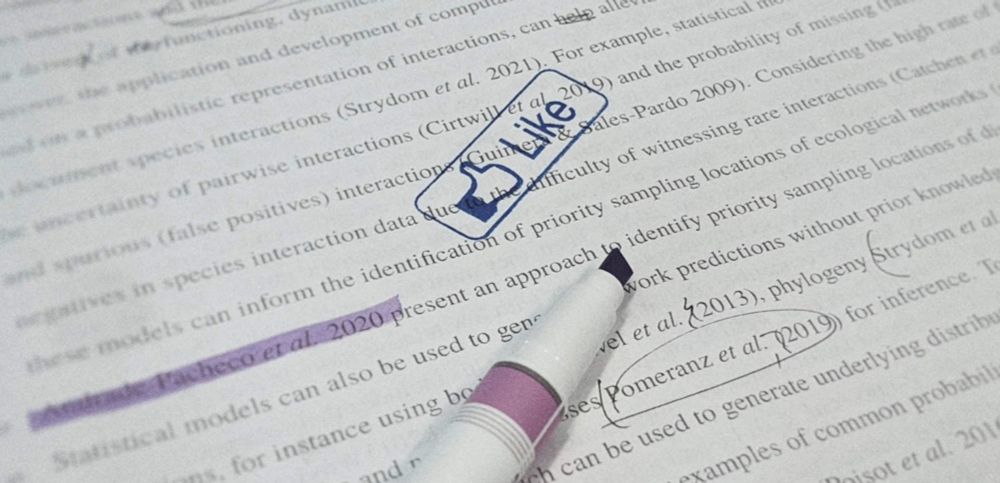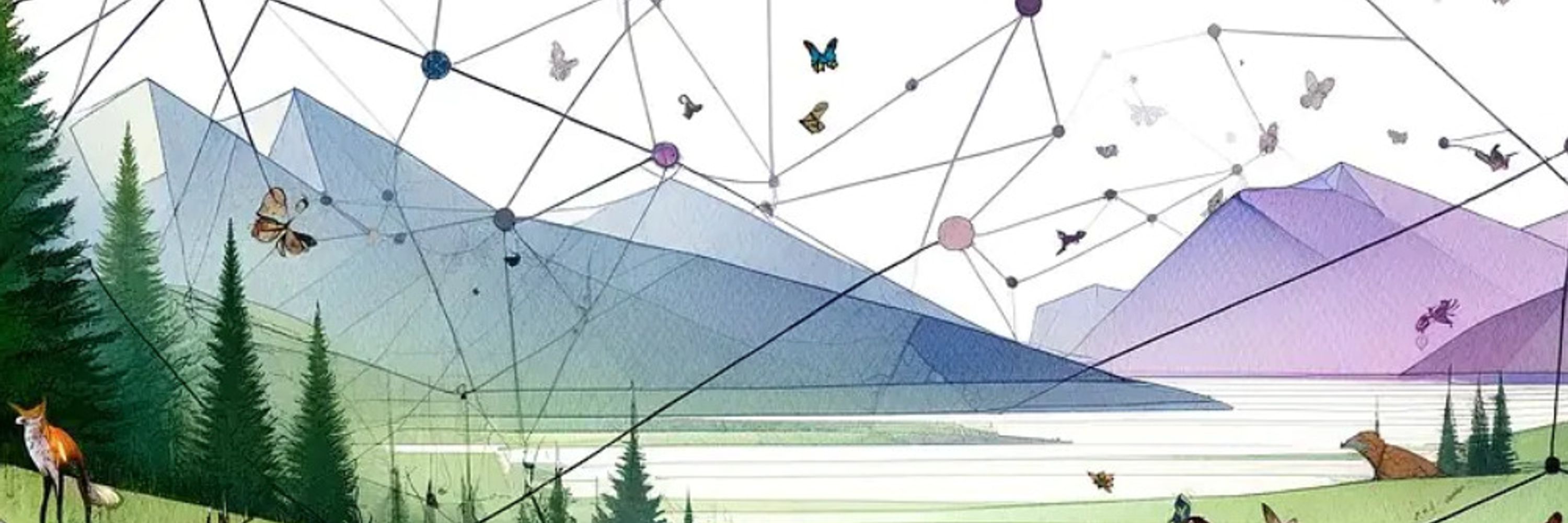
spatial food webs | big data | biodiversity monitoring | stability | macroecology | biogeography | urban food webs https://www.merinrejichacko.com/
she/her 🏳️🌈😷
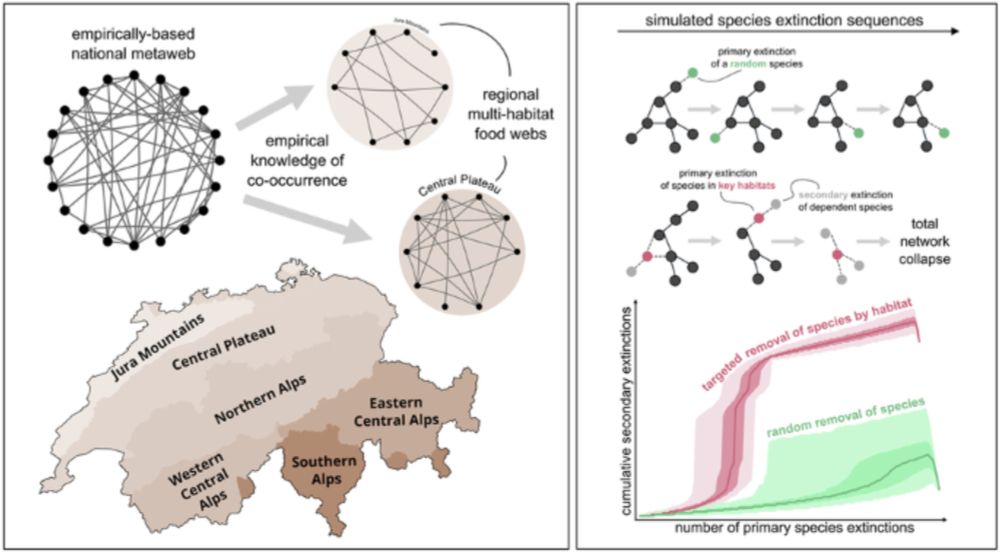
#Ecology #FoodWebs #Biodiversity #Metaweb
Thank you to everyone who joined us on this journey!

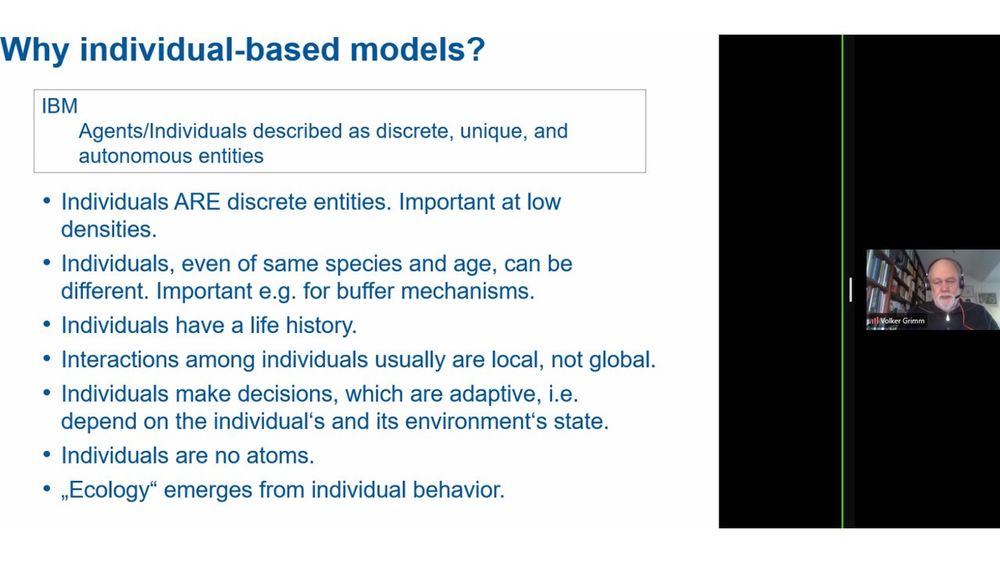

Thank you to everyone who joined us on this journey!
The epidemiology of wild–crop interfaces: Integrating ecology, evolution, and management through modeling - www.cabidigitallibrary.org/doi/abs/10.3...

The epidemiology of wild–crop interfaces: Integrating ecology, evolution, and management through modeling - www.cabidigitallibrary.org/doi/abs/10.3...

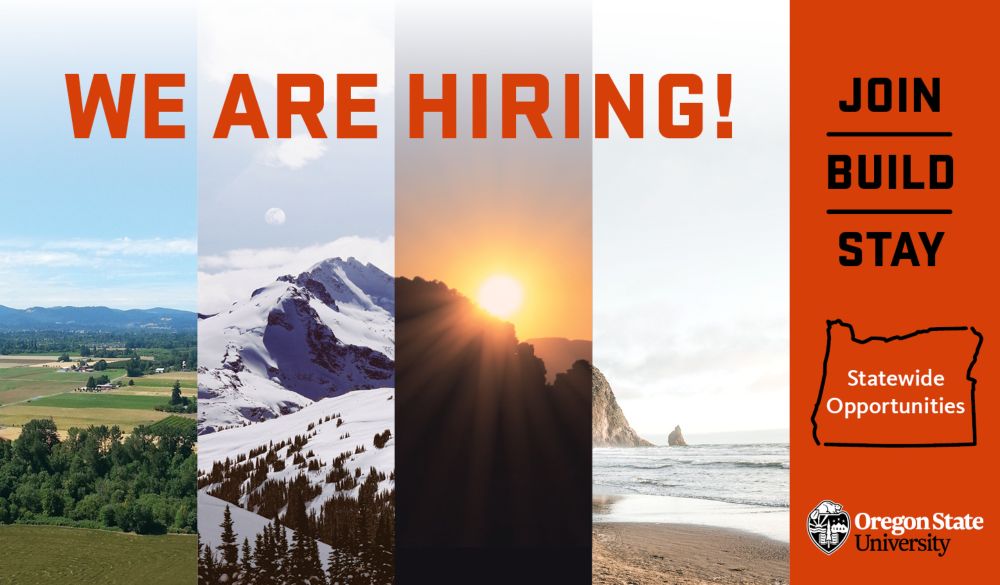
We found that formerly common species have declined the fastest, on average.
📄 North American bird declines are driven by reductions in common species | Science Advances www.science.org/doi/10.1126/...
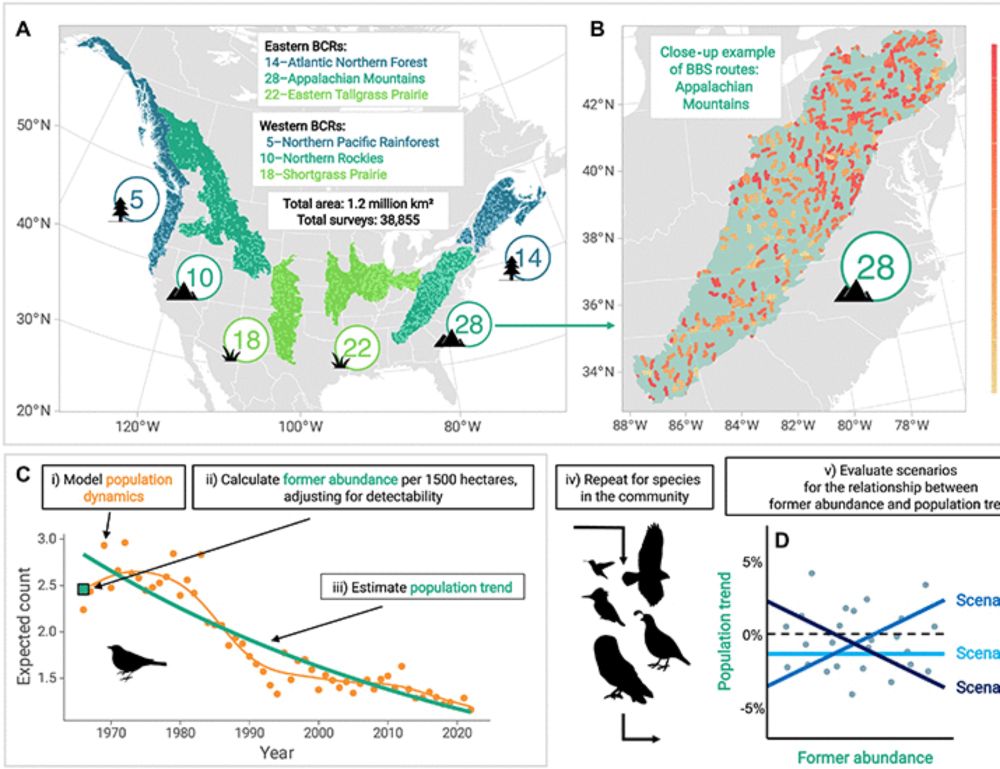
We found that formerly common species have declined the fastest, on average.
📄 North American bird declines are driven by reductions in common species | Science Advances www.science.org/doi/10.1126/...
In an #urban garden experiment along independent #densification🏙️ × local garden floral richness🌷 gradients, floral richness maintains #pollination success under densification, but only for plants with higher floral specificity.
🔎 doi.org/10.22541/au....
#Traits #Pollinators
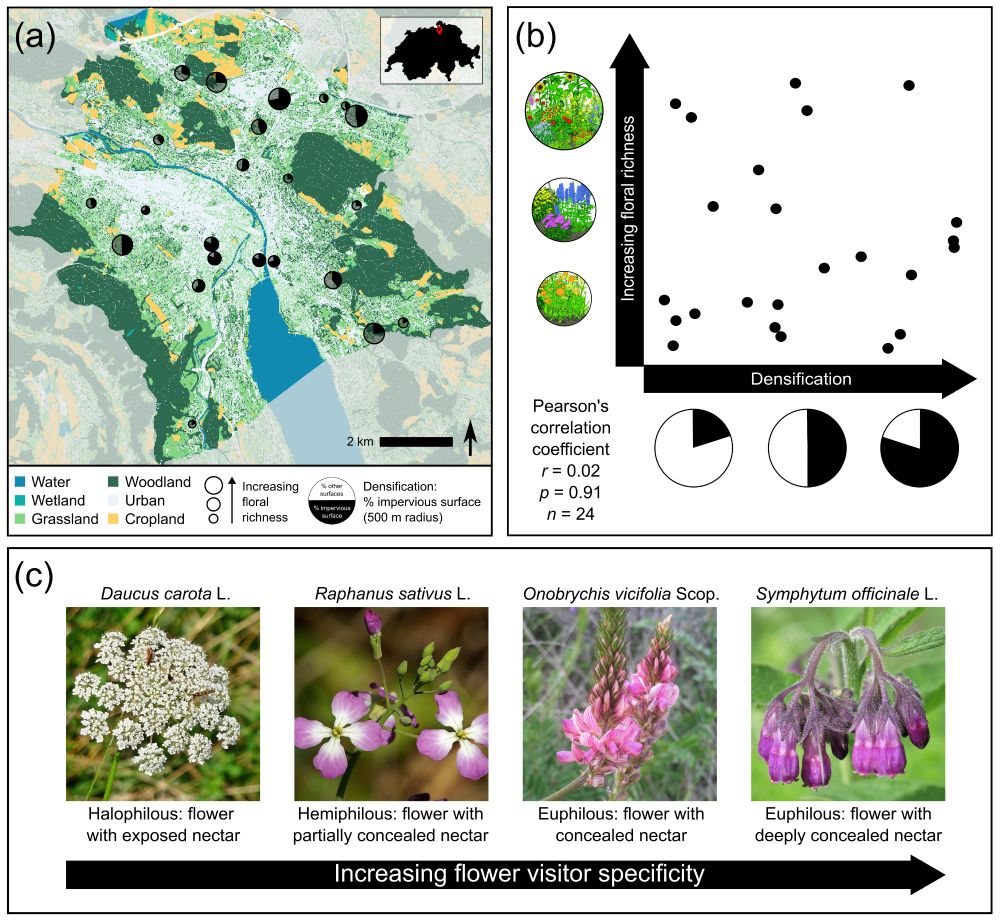
In an #urban garden experiment along independent #densification🏙️ × local garden floral richness🌷 gradients, floral richness maintains #pollination success under densification, but only for plants with higher floral specificity.
🔎 doi.org/10.22541/au....
#Traits #Pollinators
@garlab.bsky.social is looking for a PhD and MS student to join our team studying ecology & conservation of gars, bowfin, and other non-game native fishes beginning Spring 2026!
Posting & more info coming soon. Please DM or email srdavid@umn.edu with CV if interested!
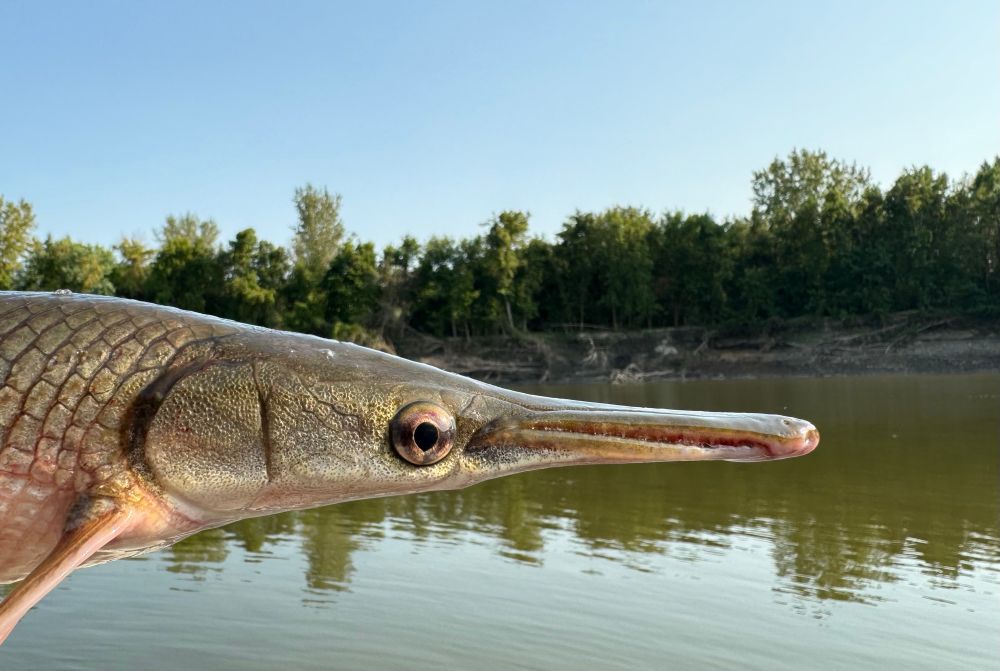
@garlab.bsky.social is looking for a PhD and MS student to join our team studying ecology & conservation of gars, bowfin, and other non-game native fishes beginning Spring 2026!
Posting & more info coming soon. Please DM or email srdavid@umn.edu with CV if interested!
#UrbanEcology #PlantInsectInteractions #TrophicInteractions

#UrbanEcology #PlantInsectInteractions #TrophicInteractions
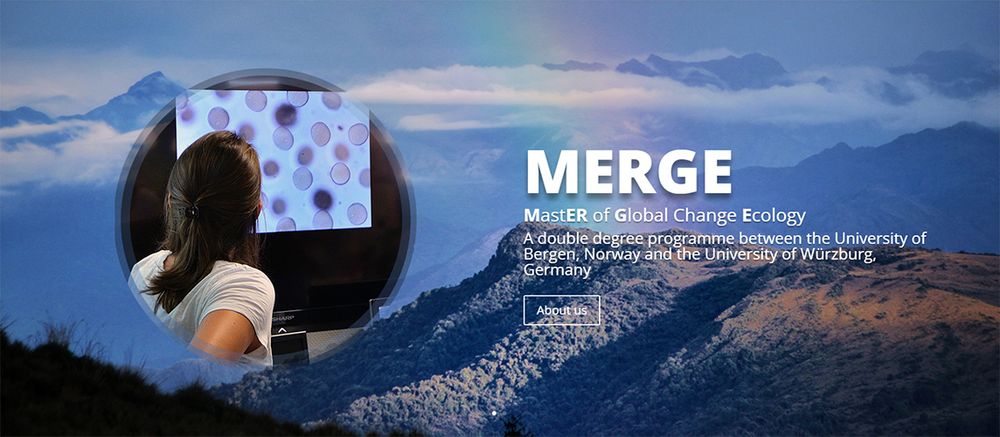
#speciesextinction #foodwebs #wetlands #biodiversity
@merinrejichacko.bsky.social @loicpellissier.bsky.social

#speciesextinction #foodwebs #wetlands #biodiversity
@merinrejichacko.bsky.social @loicpellissier.bsky.social
#Artensterben #Nahrungsnetze #Feuchtgebiete #Biodiversität
@merinrejichacko.bsky.social @loicpellissier.bsky.social

#Artensterben #Nahrungsnetze #Feuchtgebiete #Biodiversität
@merinrejichacko.bsky.social @loicpellissier.bsky.social
1. A Quick Guide to Organizing Computational Biology Projects
journals.plos.org/ploscompbio...
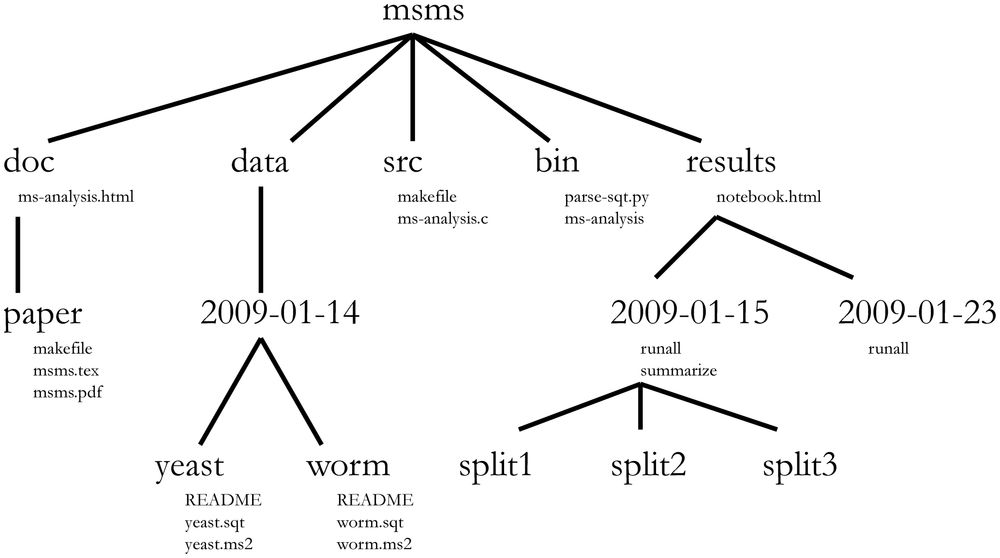
1. A Quick Guide to Organizing Computational Biology Projects
journals.plos.org/ploscompbio...
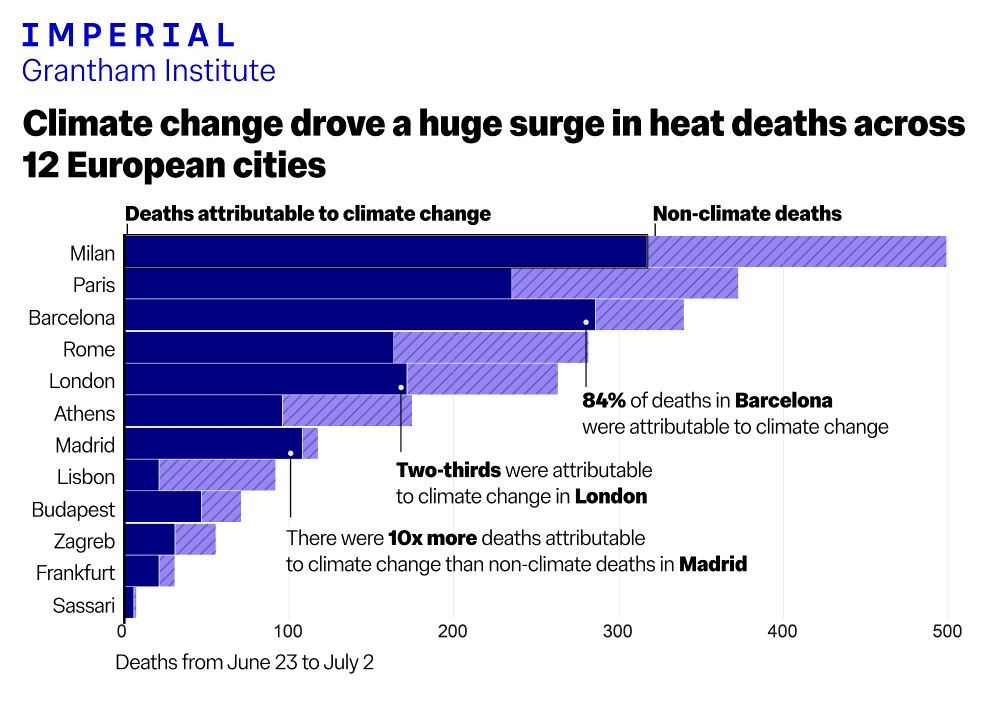
Co-authored by @elbohdalkova.bsky.social & David Storch from @cts.cuni.cz
📌 Temperature drives richness in ectotherms (metabolic theory) and has indirect effects in endotherms
🔗 www.science.org/doi/10.1126/...
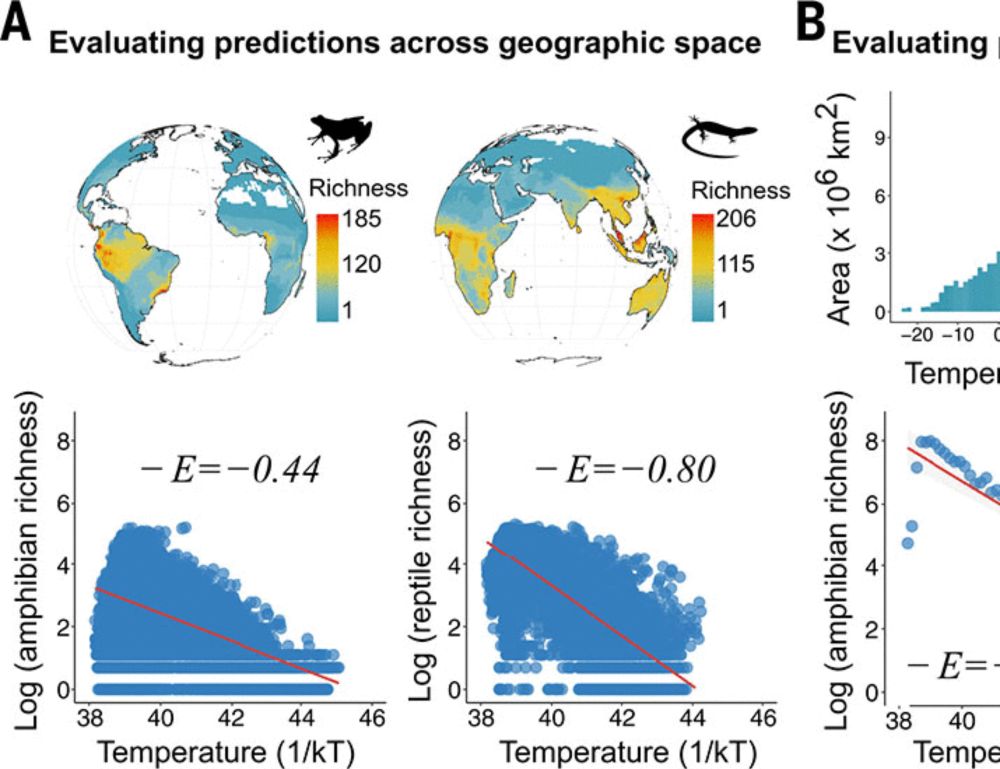
Co-authored by @elbohdalkova.bsky.social & David Storch from @cts.cuni.cz
📌 Temperature drives richness in ectotherms (metabolic theory) and has indirect effects in endotherms
🔗 www.science.org/doi/10.1126/...

Out now in #ScientificData 📃 www.nature.com/articles/s41...
Want to explore the dataset? 🔍 webapps.wsl.ch/trophiCH/
#OpenData #Ecology #FoodWebs 🌐
1/6
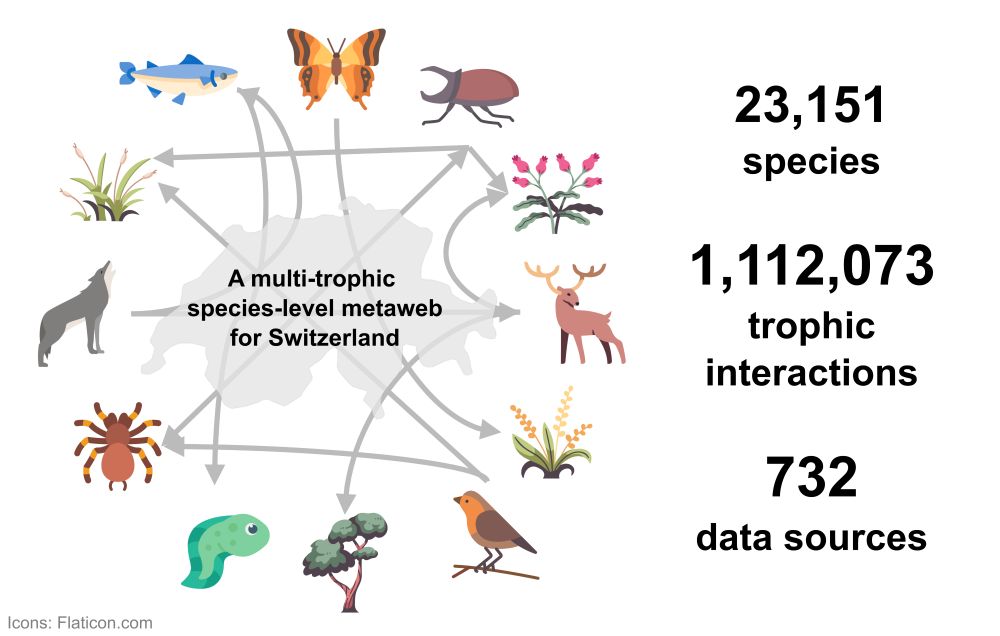
Out now in #ScientificData 📃 www.nature.com/articles/s41...
Want to explore the dataset? 🔍 webapps.wsl.ch/trophiCH/
#OpenData #Ecology #FoodWebs 🌐
1/6
👉🏻 www.nature.com/articles/s44...

👉🏻 www.nature.com/articles/s44...
✨For the lazy (yes we are!) & friends who don't like social media but might benefit from this feed, here’s a DIGEST crafted with 💚 for you to share
👉 globalecologybs.github.io/feeddigest.g...
DM if you want to receive the link weekly
🌍🦤🦑🪴🍁🧪

✨For the lazy (yes we are!) & friends who don't like social media but might benefit from this feed, here’s a DIGEST crafted with 💚 for you to share
👉 globalecologybs.github.io/feeddigest.g...
DM if you want to receive the link weekly
🌍🦤🦑🪴🍁🧪
#Ecology #FoodWebs #Biodiversity #Metaweb

#Ecology #FoodWebs #Biodiversity #Metaweb
Check it out: doi.org/10.1111/cobi...
🌐🧪🌍🍁

Check it out: doi.org/10.1111/cobi...
🌐🧪🌍🍁
Zappa, M., Karger, D. N., & Hüsler, F. (2025). EXtreme Trockenheit in der Schweiz: Regionale und lokale Perspektiven einer globalen Herausforderung. In A. Björnsen (Ed.), WSL Berichte: Vol. 164. Extremes (pp. 13-21). doi.org/10.55419/wsl...
Zappa, M., Karger, D. N., & Hüsler, F. (2025). EXtreme Trockenheit in der Schweiz: Regionale und lokale Perspektiven einer globalen Herausforderung. In A. Björnsen (Ed.), WSL Berichte: Vol. 164. Extremes (pp. 13-21). doi.org/10.55419/wsl...
We’ve loved working with Sir David as he delivered the narration to the upcoming immersive experience, Our Story with David Attenborough.
Tickets go on sale in just two weeks. Keep an eye out for the announcement!
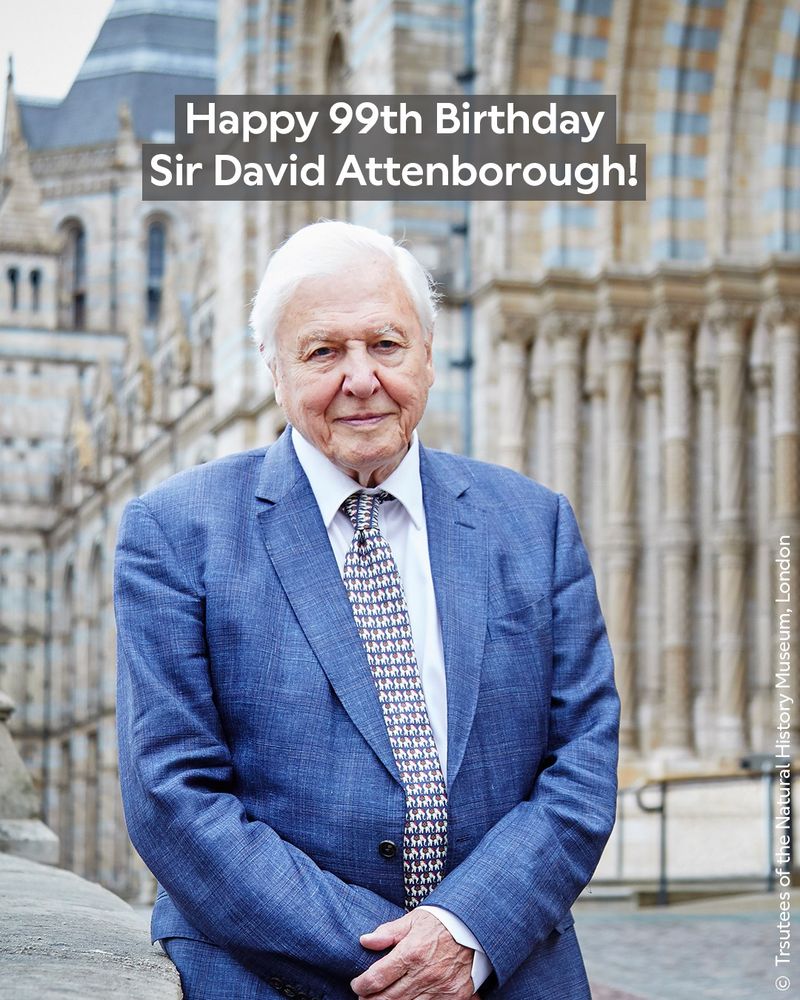
We’ve loved working with Sir David as he delivered the narration to the upcoming immersive experience, Our Story with David Attenborough.
Tickets go on sale in just two weeks. Keep an eye out for the announcement!
Exploring urban #aquatic & #terrestrial biodiversity with #eDNA 🧬
❗ #Urbanization weakens land–water linkages
❗ Aquatic & terrestrial communities follow distinct drivers 🐞🦟
❗ Adapted primers for aquatic & terrestrial invertebrates 🧬
www.sciencedirect.com/science/arti...
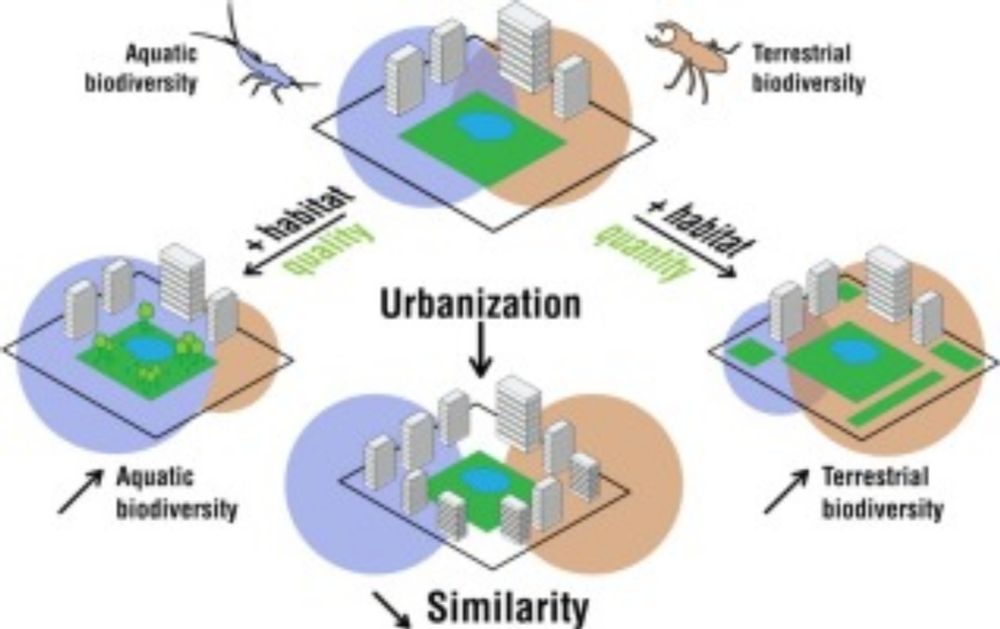
Exploring urban #aquatic & #terrestrial biodiversity with #eDNA 🧬
❗ #Urbanization weakens land–water linkages
❗ Aquatic & terrestrial communities follow distinct drivers 🐞🦟
❗ Adapted primers for aquatic & terrestrial invertebrates 🧬
www.sciencedirect.com/science/arti...

